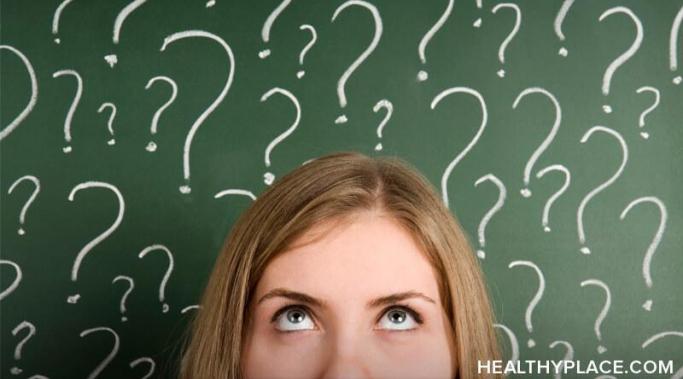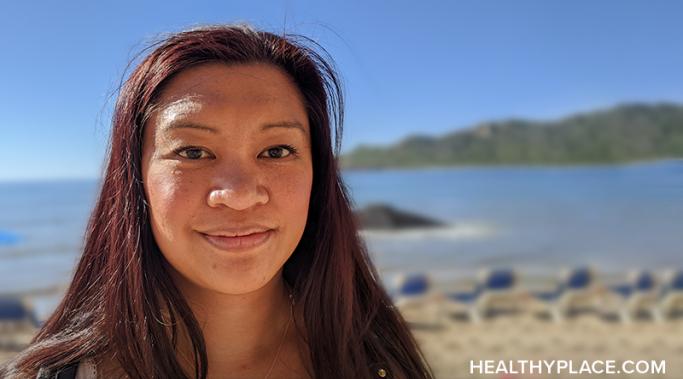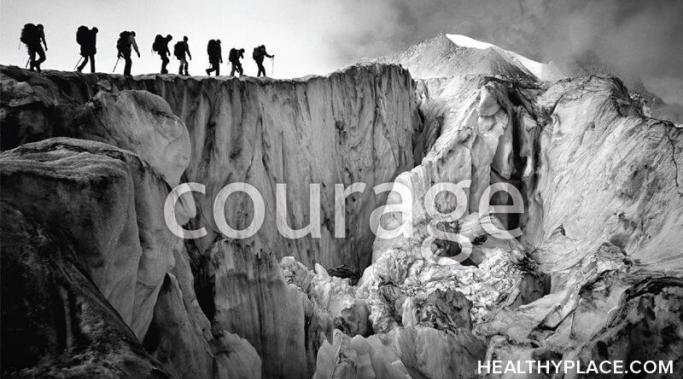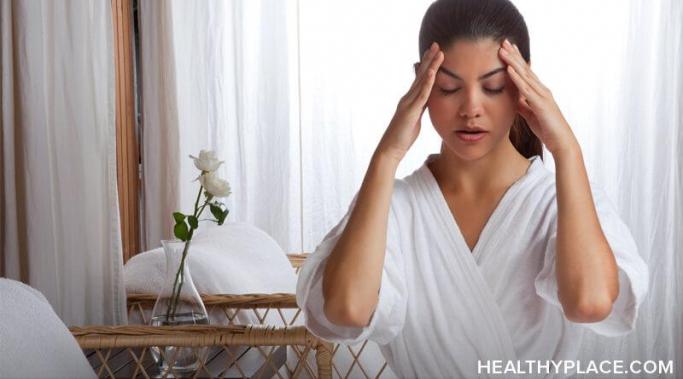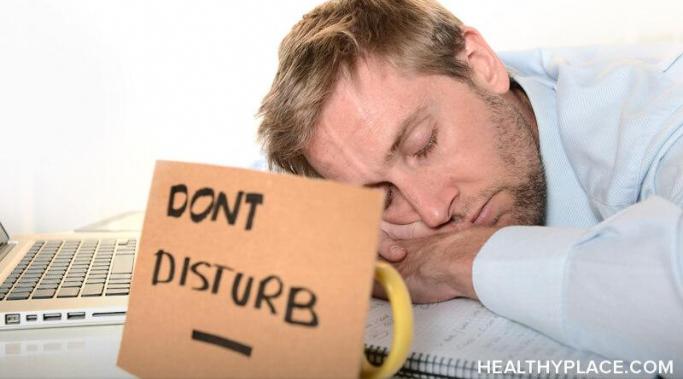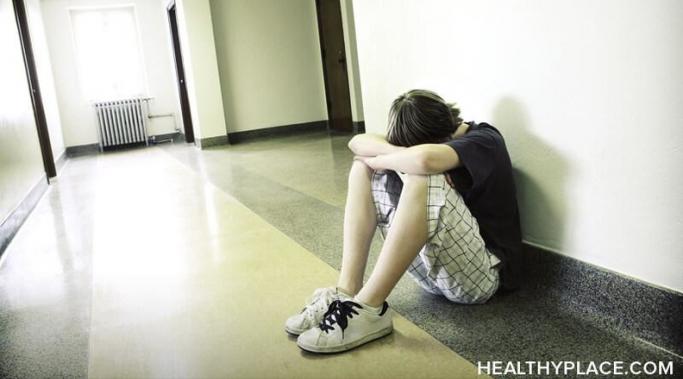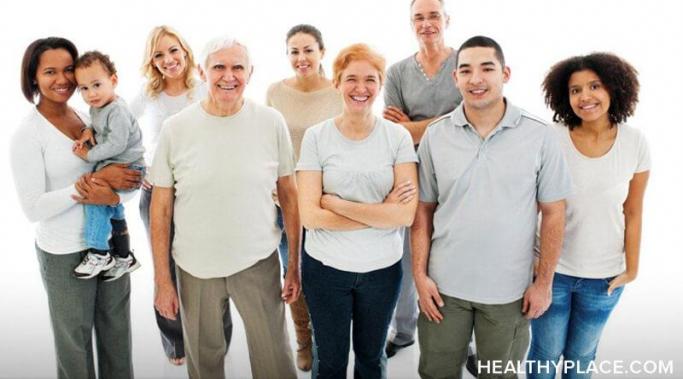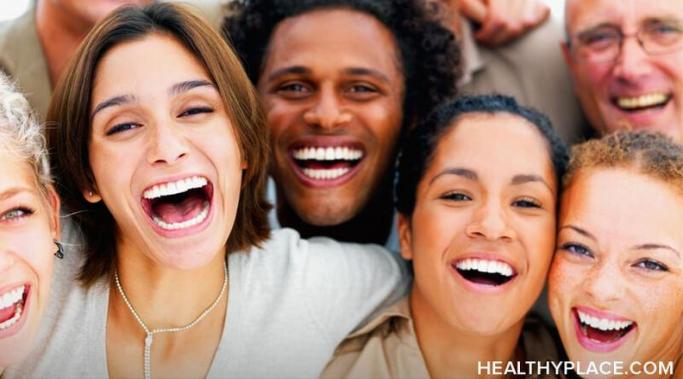Today I want to talk about reducing travel anxiety over the holidays. The holiday season can bring with it a number of positive experiences, but it also involves potentially stressful situations. One that occurs frequently but isn't discussed often is the challenge of planning yours or your family's travels. The planning process can be extensive, convoluted, and just plain frustrating, and ultimately can be a significant source of anxiety. Anxiety can result from the planning process, the time you're actually traveling, or even the disruption to your schedule that results from visiting (or being visited by) family. The demands of holiday travel can be intense and unpredictable, so what can you do to reduce travel anxiety and enjoy yourself?
Treating Anxiety
My name is Rizza Bermio-Gonzalez and I am very excited to join HealthyPlace and co-author the "Treating Anxiety" blog. I have been dealing with chronic anxiety since I was very young, and for many years I struggled with relating to others around me. I constantly worried about things that others didn’t seem to be worried about. I started having repeated headaches when I was in middle school, and the doctors could not find anything wrong with me. As I got older, I became even more aware of the physical symptoms that I would experience along with my constant sense of dread, worry, and nervousness.
You need a holiday meditation because although the holiday season can be a relaxing, enjoyable time, there are also elements of it that can contribute to anxiety. Buying gifts on a tight budget, visiting family you don't see often, traveling to visit family, or even just having more free time than usual can lead to anxiety.
I've used many of my articles to share positive takes on anxiety to help my readers relate to their anxiety in a healthier and more productive way. I often bring up the idea that anxiety is part of your body's efforts to keep you safe and thus is not something to be afraid of. Today, however, I wanted to discuss a more concrete aspect of anxiety that I believe can be beneficial when used correctly. Would you believe me if I told you anxiety can be used as a superpower? I would definitely be doubtful, but stick with me another minute and let's see if I can convince you.
Dependent relationships are more common than you think. For example, have you ever looked to someone else for reassurance when you felt anxious? Don't worry, you're not alone. Reassurance seeking is a common and often healthy process that everyone does to better understand and accept the decisions we make. However, when we go to someone for help every time we feel anxious, this can create an unhealthy dependence that reduces the quality of the relationship and can exacerbate your anxiety.
How is anxiety like an alarm clock? They're actually very similar, but one is more active than you need.
How can you change anxiety, bit by bit? Would you believe me if I told you that math can provide phenomenal motivation? Hear me out.
There's a relationship between communication and anxiety. If I had to guess, I'd say that more often than not you try to hide your anxiety instead of sharing it. Does that sound right? It can be difficult to communicate anxiety, which is something so challenging and personal, with others, and I think people often default to keeping it as closed off from others as possible. While this is a valuable skill to develop in some cases, it can also be detrimental to hide away your everyday emotional experience. We tend to feel the most secure and happy in our relationships when we share our true selves with others, so the benefits of being open and honest about ourselves are hard to overstate. Additionally, by being honest with others, we often invite honesty in return, which helps cultivate trust and communication to reduce anxiety.
The best way to take on anxiety is to cultivate self-confidence. When you feel capable of handling the things life gives you, vague anxieties are not so much of a problem. But how do we develop the self-confidence to fight anxiety?
This week, I was inspired by the actions and words of Greta Thunberg, a young climate activist from Sweden, to share my mindfulness practice for anxiety. Greta has interacted with numerous world leaders in her pursuit of meaningful climate action and in the process has inspired action by many young people in the United States and beyond.
